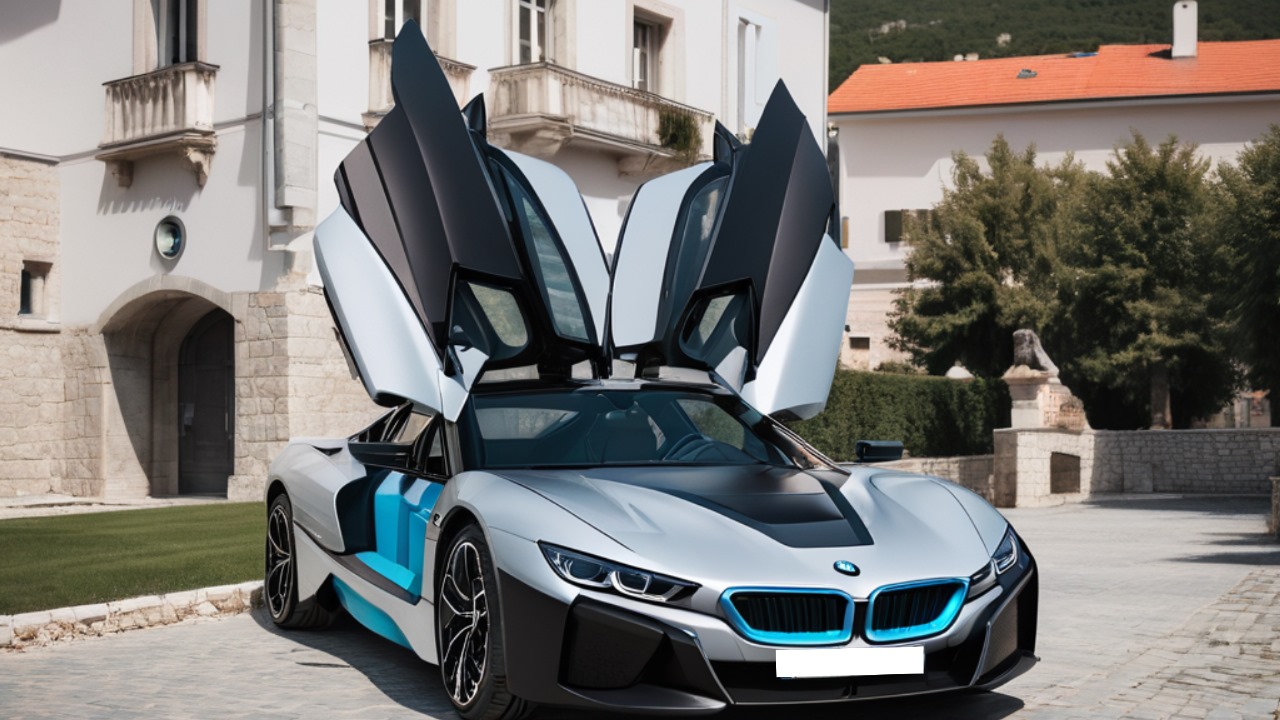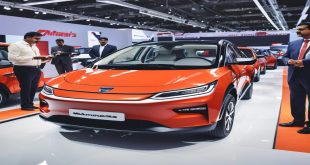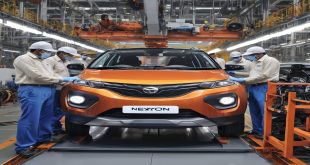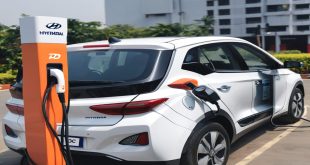Collaborations and partnerships are essential for promoting innovation and developing technology in the rapidly changing field of electric vehicles (EVs). Recently Croatia Rimac a leader in high-performance electric vehicle technology and BMW a well-known brand in the automotive industry announced a strategic partnership. The partnership intends to improve BMW electric car offerings by utilizing Rimac’s experience in high-voltage EV battery technology. Let’s examine the specifics of this collaboration and consider how it may affect electric vehicle technology in the future.
Key Elements of the Collaboration:
The creation of high-voltage EV battery technology an essential part of vehicle electrification is the focus of BMW and Rimacs collaboration. The power and range needed to meet the demands of contemporary electric vehicles are only possible with high-voltage batteries. By partnering with Rimac BMW hopes to leverage the latters battery technology know-how to boost its electrification initiatives and solidify its place in the EV industry.
Rimacs proficiency in advanced electric vehicle technology:
Rimac’s inventive approach to electric vehicle technology especially in the field of high-performance electric hypercars has won it praise from all over the world. With amazing features like a top speed of 258 mph and a range of 402 miles on a single charge the company’s flagship model the Rimac C_Two, is heralded as a technological marvel. With its history of innovation and performance along with its knowledge of high-voltage battery technology Rimac is a perfect partner for BMWs electrification initiatives.
Promoting Innovation in Electric Vehicles:
There is a lot of potential for BMW and Rimacs partnership to spur innovation in electric vehicle technology. Through the combination of their resources and knowledge the two businesses can push the limits of sustainability efficiency and performance in the development of next-generation EV battery technology. This collaboration demonstrates a common dedication to promoting vehicle electrification and influencing the direction of transportation in the future.
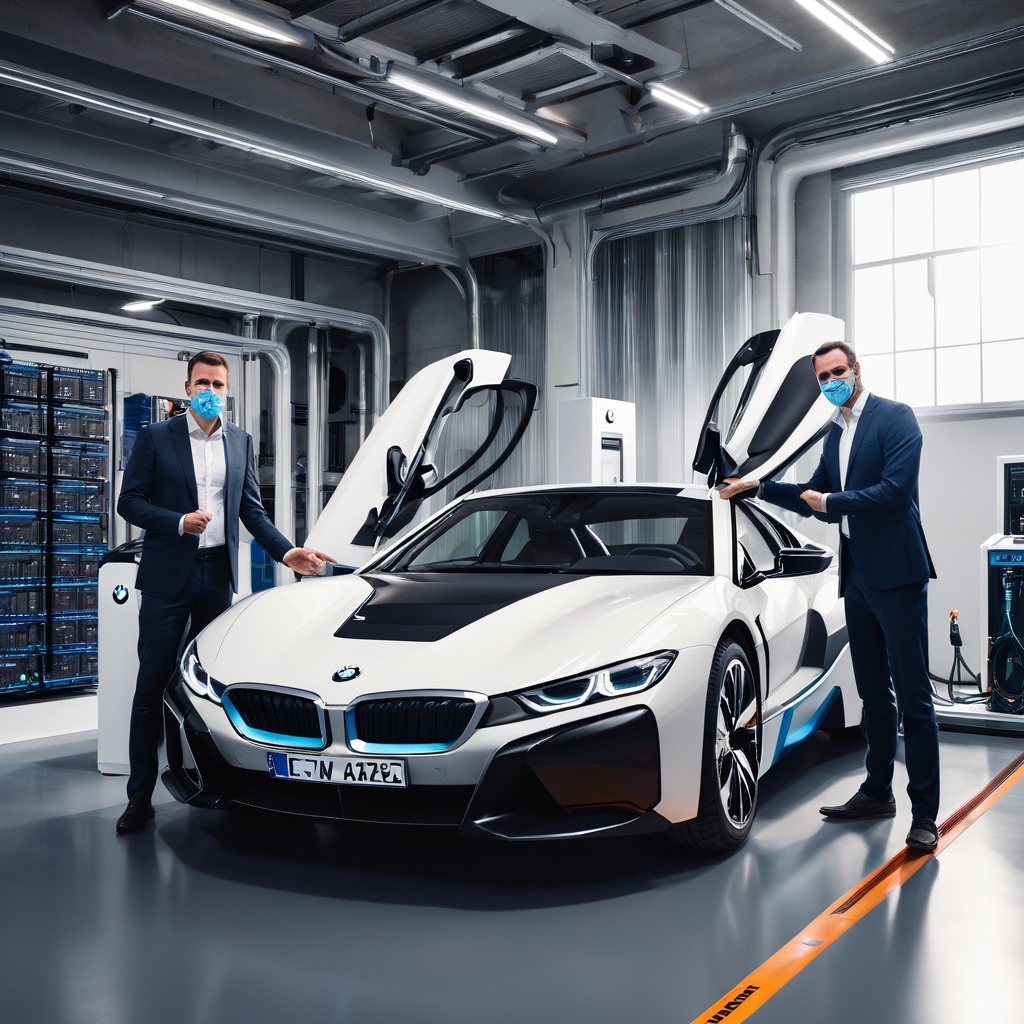
BMW’s Electric Vehicle Strategy:
Implications. In order to support its electric vehicle strategy and bolster its competitive position in the quickly changing automotive market BMW saw fit to partner with Rimac. BMW intends to meet the increasing demand for sustainable mobility solutions by enhancing the performance range and overall appeal of its electric models by incorporating Rimacs cutting-edge battery technology into its lineup of electric vehicles.
The Transition to Electrification:
As the automotive industry undergoes a significant transition towards electrification BMW and Rimac have partnered. Automakers are rushing to develop cutting-edge EV technologies to meet market demand as governments around the world enact stricter emissions regulations and consumers embrace electric vehicles more and more. BMW is demonstrating its dedication to spearheading this electrification revolution with its partnership with Rimac.
Prospects and innovations for the future:
This collaboration between BMW and Rimac could lead to significant advancements in the field of electric vehicle technology. The partnership between these two leading companies in the industry has the potential to significantly impact the direction of electric mobility from improvements in battery performance and energy density to the creation of more effective charging systems. BMW and Rimac want to reinvent driving and establish new benchmarks for electric cars as they keep pushing the envelope of innovation.
In Conclusion:
The collaboration between BMW and Rimac of Croatia regarding high-voltage electric vehicle battery technology represents a noteworthy advancement in the process of electrification. Together these two automotive trailblazers hope to drive innovation and reshape the mobility landscape by expediting the development of next-generation electric vehicle technology. Together BMW and Rimac are paving the path for a cleaner greener automotive future and reaffirming their commitment to sustainable transportation as they begin this work.
